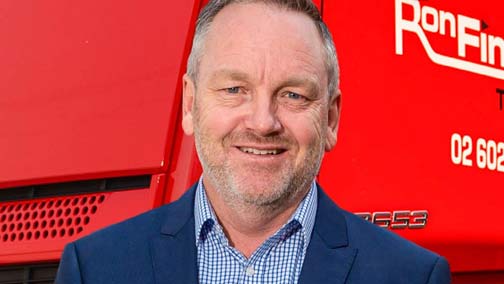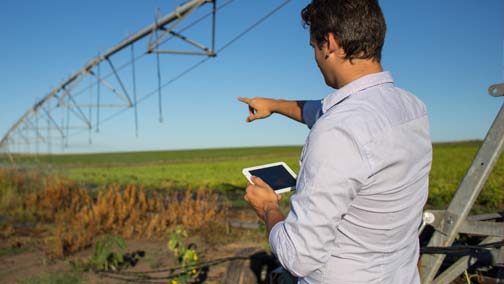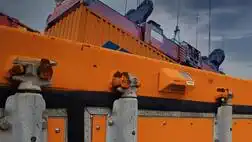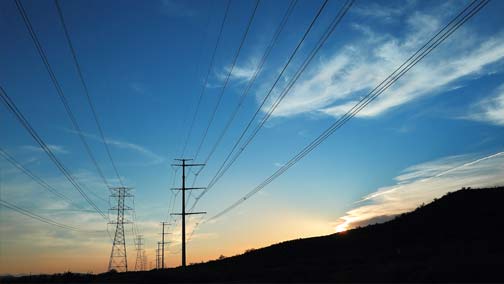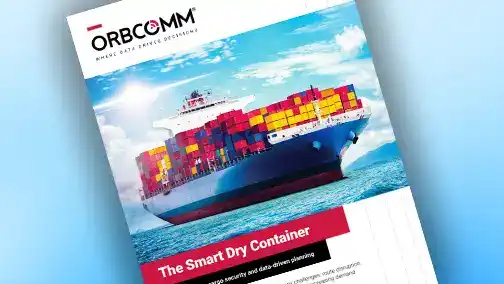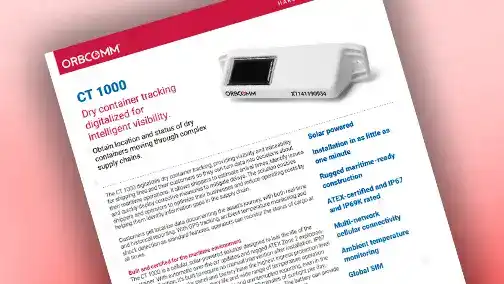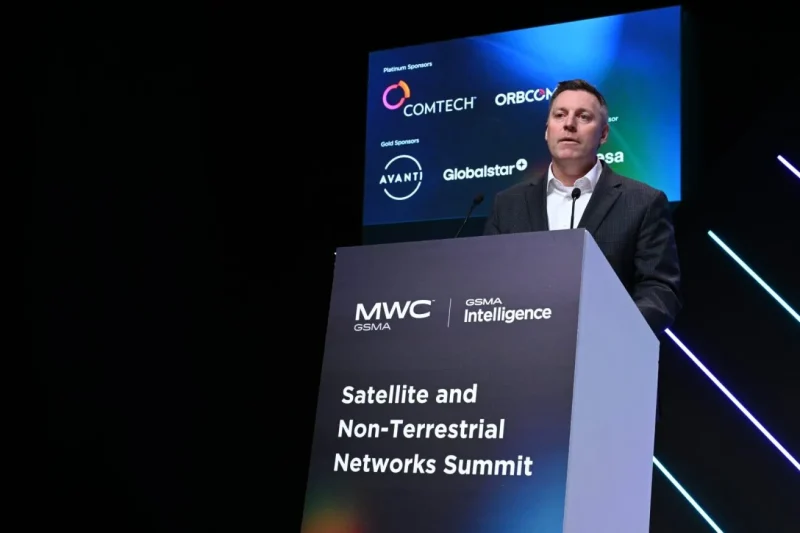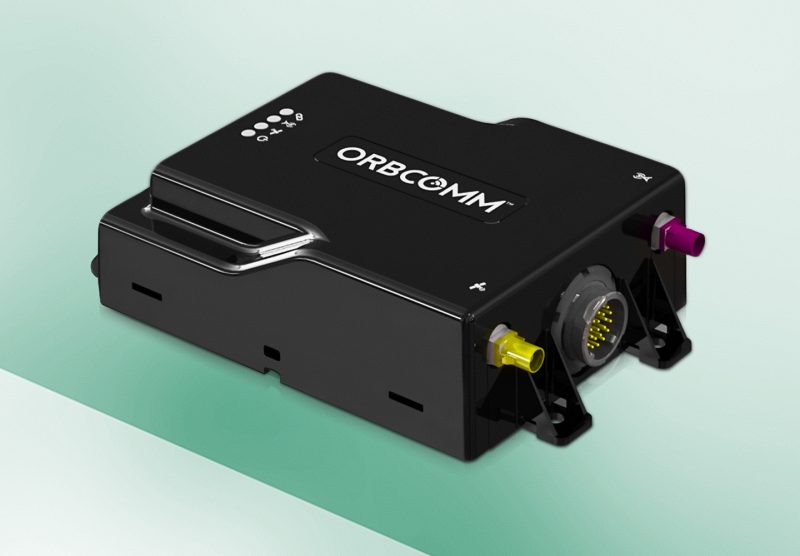Mandatory AIS for All Vessels?
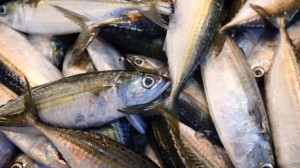 A study was published recently in the magazine Science calling for wider usage of Automatic Identification System (AIS) to track fishing activity. Governments are attempting to manage global fishing resources in a sustainable fashion, but these resources are in fact being depleted due to illegal fishing activity. Marine Protected Areas (MPAs) are areas restricted to human activity in order to protect resources, however this designation is only as good as the adherence and enforcement of it. Given the substantial economic benefits of fishing in prime, protected areas, it is no wonder these regions are prone to illegal, unreported, and unregulated (IUU) fishing.
A study was published recently in the magazine Science calling for wider usage of Automatic Identification System (AIS) to track fishing activity. Governments are attempting to manage global fishing resources in a sustainable fashion, but these resources are in fact being depleted due to illegal fishing activity. Marine Protected Areas (MPAs) are areas restricted to human activity in order to protect resources, however this designation is only as good as the adherence and enforcement of it. Given the substantial economic benefits of fishing in prime, protected areas, it is no wonder these regions are prone to illegal, unreported, and unregulated (IUU) fishing.
Currently, vessels of 300 gross tonnage and upwards are required to be outfitted with an AIS transceiver. This device transmits vessel position information and receives other vessel position information in order to enable proximity navigation and ship collision avoidance. With the global coverage that satellite AIS brings, this information has recently been used for other purposes such as tracking commodities, vessel tracking, and search and rescue. However its usefulness is restricted to only the vessels which have this AIS device installed.
Given shocking statistics that ocean fish catches are 50% higher than reported, and that only 3.5% of self-identified fishing vessels reported a valid International Maritime Organization number (identification code), it is clear something must be done. The scientists behind the study argue that forcing vessels to be outfitted with AIS devices, and making the data publicly available would drive accountability and illuminate offending fishing vessels. But they also stress that this policy is only as good as the authorities who can enforce it, including ensuring the proper equipping of boats with AIS devices and enforcing maritime law.
Monitoring solutions for fishing vessels exist already (such as vessel monitoring systems (VMS)), but these are restricted to certain size boats and are typically only required by governments for a particular fish species within a certain area. There is currently no global, species-agnostic solution. Although sometimes subsidized by their governments, these VMS solutions can have significant recurring costs for fishermen. Should the IMO decide to move forward with the initiative proposed by this paper, there would be significant benefit (to both fishermen, and global authorities with regards to the uniformity of a solution) of simply requiring the installation of a low cost transmitter coupled with the delivery of a centralized data stream for the auditing of fishing practices.
By providing a best-in-class satellite AIS and M2M services, ORBCOMM continues to work with all stakeholders who are involved in with sustainable fishing practices to help illuminate the realities of IUU fishing activities.
To learn more about satellite AIS, visit ORBCOMM at the United States Geospatial Intelligence Foundation (USGIF) Symposium (GEOINT 2016), May 15 – 18, 2016 at the Gaylord Palms Resort and Convention Center in Orlando, Florida.
Andrew Loretta is Director, Maritime Business Development for ORBCOMM. For more information on the ORBCOMM Satellite AIS system, please contact us at satelliteais@orbcomm.com or visit www.orbcomm.com/en/networks/satellite-ais.



